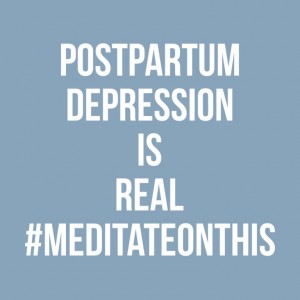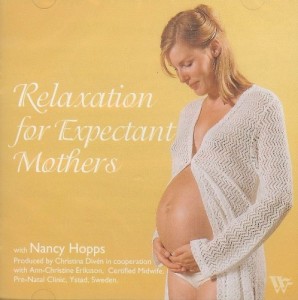Before I had my first baby, I had a corporate job, complete with cubicles, bureaucracy and a never-ending supply of donuts and half-finished cakes calling to me from the break room.
I didn’t grieve any of that when I left my job to go on maternity leave. Not the stray, half-eaten sweets that always seemed to find their way to my stomach. Not the cloud of policies and procedures that metaphorically hovered over my cubicle.
There was one thing that I did miss – and it surprised the heck out of me. During those early days with my baby, I found myself longing for performance evaluations and reviews.
You’re probably thinking I’m crazy right about now. Who in their right mind would miss a performance review? Who would want to be evaluated by their boss?
Let me explain.
I cherished staying home with my newborn baby. But I also found it to be rather isolating and overwhelming. The moment my little boy emerged, I felt pressured to speed-learn ALL of these new skills: how to breastfeed, how to soothe a colicky baby, how to treat a diaper rash and how to keep a household running, all in the same day.
 While I was putting myself through a Baby 101 crash course, there was no one to say, “Hey, you are doing a great job!” or “You got a 8.5 out of 10 on that nipple latch. I’m giving you a bonus this month.” I went from having my every move monitored in an office setting to getting very little feedback on the job I was doing at home. That was tough.
While I was putting myself through a Baby 101 crash course, there was no one to say, “Hey, you are doing a great job!” or “You got a 8.5 out of 10 on that nipple latch. I’m giving you a bonus this month.” I went from having my every move monitored in an office setting to getting very little feedback on the job I was doing at home. That was tough.
My husband would occasionally tell me he thought I was doing great, but not nearly enough. To give the guy credit, he was figuring out all of these new jobs as well, so he was just as clueless as me.
It wasn’t just the evaluations that I missed. I also found myself yearning for the daily interaction with co-workers that provided me with a steady diet of validation and feedback. “I love that outfit on you. Where did you get it?” or “I overheard you talking to that client. Great job!” It was me and a non-verbal newborn most of the day, and the walls around me stayed pretty silent.
If you think about it, we get regularly reviewed and evaluated from the time we are a baby: Our parents coo at us and tell us we are wonderful and doing a great job. Our teachers and professors give us assignments and grades, assuring us we are on the right track. Our supervisors and bosses take over with job descriptions, trainings and scheduled feedback.
And then suddenly we become parents, and we find ourselves thinking, Um, what the hell am I doing? Am I doing it right? Am I doing anything right?
Whether you are staying home for a three-month maternity/paternity leave, or you’ve made the decision to transition to stay-at-home-parent, I have a few tips to help you feel validated and supported a long the way, in spite of not having a boss around to tell you that you’re doing great.
- Join a new parent support group. Your most valuable source of support and encouragement is going to be from other new parents. They are in the trenches with you and understand that you have a lot on your plate. Join a group on social media, or better yet, seek out a neighborhood play group or a Meetup group for new parents. Create your own “board meetings” with likeable people and friends who are doing the same job that you are. (Notice I said likeable people. Spending time with negative or catty individuals will not be helpful under these circumstances.)
2. Ask your partner to give you regular feedback and reassurance. It’s ok to let your husband or wife know that you might need more praise than usual. Especially if one of your love languages is words of affirmation (like me!) I crave feedback and validation, and I ask my husband regularly for it. When you are a new parent you often feel exhausted and full of self-doubt. Ask your partner to give you kudos when appropriate: a sweet note, a little card, a verbal compliment. A little bit of positive feedback will go a long way.
3. Look for non-verbal feedback from your little ones. Around 2 months old, your little one will start to smile and interact with you a bit. This is like pure gold for a new parent. There is nothing on earth like receiving your first non-gas-induced smile. Soak up the giggles, look into your little one’s eyes, and recognize that they think you are doing a great job. Of course, there will be days when they cry for hours on end or they throw a tantrum fit for a king. Remember that these are not signs that you are doing a bad job – kids will be kids after all.
4. Be easy on yourself. It’s true – we are all our own worst critics. With this in mind, give yourself a lot of grace. You are learning. You are growing. Things will get easier… and then hard again… and then – well, you get the picture. This will be an ongoing journey until your children fly the coop. Until then, pat yourself on the back for doing the best job you can. And as always, reach out to a counselor or a trusted individual if your self-doubt is getting the best of you. We’re here for you – there’s no need to figure all of this out on your own.
Here’s to Sanity and Being Your Own Boss,
Kirsten
































